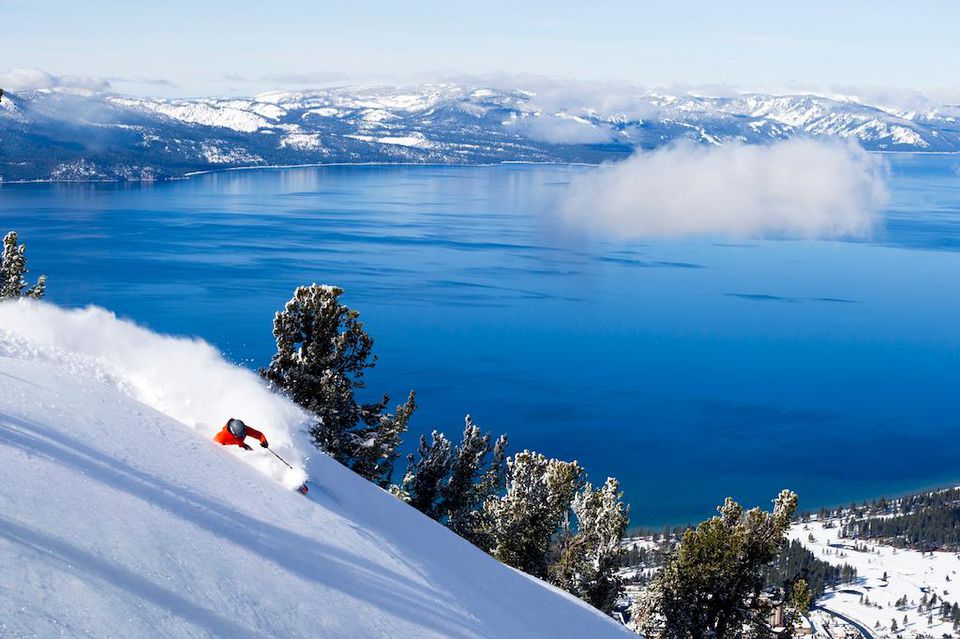SOUTH LAKE TAHOE, Calif.—The California Tahoe Conservancy (Conservancy) invites residents and visitors to participate in the next round of public workshops on the Upper Truckee Marsh South project. The Conservancy looks forward to sharing concepts—informed by community engagement earlier this year—for potential restoration and access and recreation improvements on state land that includes the site of the former Motel 6.
- In-Person Public Workshop | 5–7 pm on Monday, December 8, 2025 at Lake Tahoe Community College (LTCC)
Meet in the LTCC Board Room (L104), located in the Roberta Mason Library building. - In-Person Public Workshop | Noon–2 pm on Tuesday, December 9, 2025, also in the LTCC Board Room
- Virtual Public Workshop | Noon–2 pm on Wednesday, December 10, 2025
Join via Zoom on December 10: https://us06web.zoom.us/j/82891515634
Spanish interpretation will be available for all meetings.
The Conservancy acquired the Upper Truckee Marsh South property in 2024, and removed the former motel and restaurant development in 2025. The 31-acre property includes 25 acres of wetland and meadow, and four acres of fill where the former motel had been built atop a wetland. It also serves as a key link between hundreds of acres of protected floodplain upstream and downstream. One of the most heavily used shared-use trails in South Lake Tahoe, the South Tahoe Bikeway, crosses the property. As such, the Upper Truckee Marsh South project presents an opportunity to restore an extraordinary natural resource, benefit the community, and enhance connections for people and wildlife.
In April, the Conservancy began public outreach to seek ideas for restoration and public access improvements at the south end of the Upper Truckee Marsh, including the site of the former Motel 6. The Conservancy has also been working closely with the Washoe Tribe of Nevada and California, and Lake Tahoe Basin partners on planning the project.
In the December meetings, the Conservancy will present updates on concepts for the project’s restoration elements and opportunities to improve public access and recreation, and will continue to seek public feedback and input.
The Conservancy will offer additional online opportunities to review project materials and provide feedback beyond these meetings.

